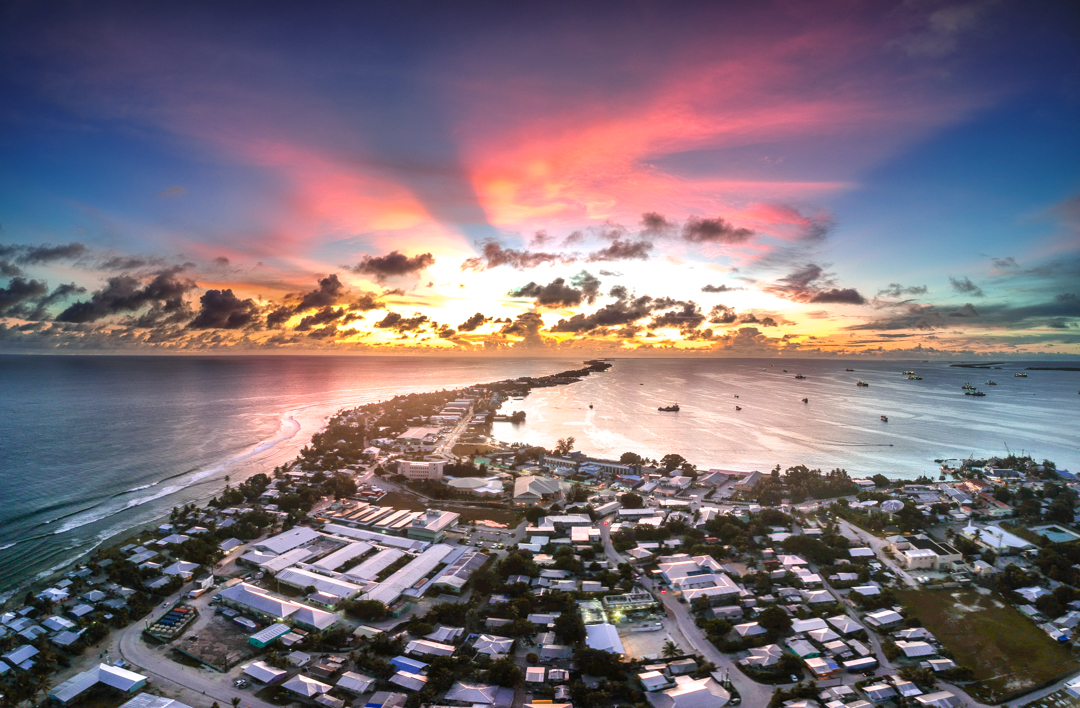The Marshall Islands is a small island nation located in the Pacific Ocean. In recent years, it has become known as a popular offshore tax haven due to its favorable tax laws and banking regulations.
The history as an offshore tax haven dates back to the 1990s, when the country began to actively promote itself as a destination for offshore banking and company registration. The government of the Marshall Islands introduced legislation that allowed for the formation of offshore companies and provided tax incentives for foreign investors.
One of the key factors that made this jurisdiction an attractive destination for offshore investment was its tax regime. The country has no corporate or personal income tax, no capital gains tax, and no withholding tax on dividends, interest, or royalties. This made it a particularly attractive destination for multinational corporations and high-net-worth individuals looking to minimize their tax liabilities.

In addition to its favorable tax laws, the Marshall Islands also has strict banking secrecy laws that protect the privacy of offshore bank accounts. The country has strict anti-money laundering regulations in place, but its banking laws also allow for the creation of anonymous offshore accounts, making it an attractive destination for individuals looking to hide their assets from tax authorities.
The Marshall Islands has also become known for its ship registry, which is the second-largest in the world. The country offers a number of advantages to ship owners, including low registration fees, favorable tax treatment, and a streamlined registration process.
Despite its popularity as an offshore tax haven, the Marshall Islands has come under scrutiny in recent years for its lax regulation of offshore banking and company registration. The country has been accused of facilitating money laundering and tax evasion, and has been added to several international blacklists. In response, the government of the Marshall Islands has taken steps to improve its regulatory framework and crack down on illicit activities.

Offshore LLC can be legal owner of a Delaware LLC
Yes, a Marshall Islands LLC can be the legal owner of a Delaware LLC. The United States recognizes the legal validity of foreign business entities, including LLCs formed in other countries. This means that a Marshall Islands LLC can legally own a Delaware LLC, as long as it complies with the registration and filing requirements in both jurisdictions.
However, it is important to note that there may be certain tax and legal implications associated with having a foreign entity as the owner of a US-based LLC. This can include additional reporting and compliance requirements, as well as potential tax implications for both the foreign entity and the US-based LLC.
It is always recommended to seek professional legal and tax advice before structuring any complex business arrangements involving foreign entities.

The Offshore Law is the same as Delaware LLC
No, the LLC laws in the Marshall Islands are not the same as those in Delaware. While there are similarities between the two jurisdictions, such as the ability to form limited liability companies, there are also significant differences in the way LLCs are regulated and operated.
The Marshall Islands LLC Act is based on the Delaware LLC Act and is intended to be similar in many respects, but there are some differences. For example, the Marshall Islands LLC Act does not require the filing of an annual report, while Delaware does require this. Additionally, the Marshall Islands does not have a charging order protection statute, which provides additional creditor protection for LLC members in Delaware.
Furthermore, the tax implications of forming an LLC in the Marshall Islands may differ from those of forming an LLC in Delaware, as each jurisdiction has its own tax laws and regulations. It is important to consult with an attorney or other professional with experience in both jurisdictions to understand the differences and to determine which jurisdiction is best suited for your particular needs.
Overall, while there may be similarities between the LLC laws in the Marshall Islands and Delaware, they are not identical, and it is important to carefully consider the specific laws and regulations of each jurisdiction before making any decisions regarding the formation of an LLC.

Why ship registry in Marshall Islands
The Marshall Islands has become a popular destination for ship registry due to several factors, including its favorable tax laws, streamlined registration process, and reputation for high regulatory standards.
One of the key advantages of registering a ship in the Marshall Islands is its tax regime. The country offers a tonnage tax system, which taxes ships based on their size and capacity rather than their profits. This can provide significant cost savings for ship owners compared to traditional corporate taxation.
The Marshall Islands also has a reputation for having a well-regulated shipping industry. The country is a member of the International Maritime Organization (IMO) and has implemented a number of international standards and regulations to ensure safety and environmental compliance. The country’s ship registry is also administered by a team of experienced professionals who are dedicated to maintaining high standards of service and regulation.
In addition to its favorable tax and regulatory environment, the Marshall Islands offers a streamlined registration process that can allow ship owners to register their vessels quickly and efficiently. The country has implemented an electronic registration system that allows for online filing of documents and real-time tracking of registration status.
Overall, the combination of favorable tax laws, high regulatory standards, and streamlined registration process have made the Islands a popular destination for ship registry. The country’s ship registry is now the second-largest in the world, and is expected to continue to grow in the coming years.

Leave a Reply